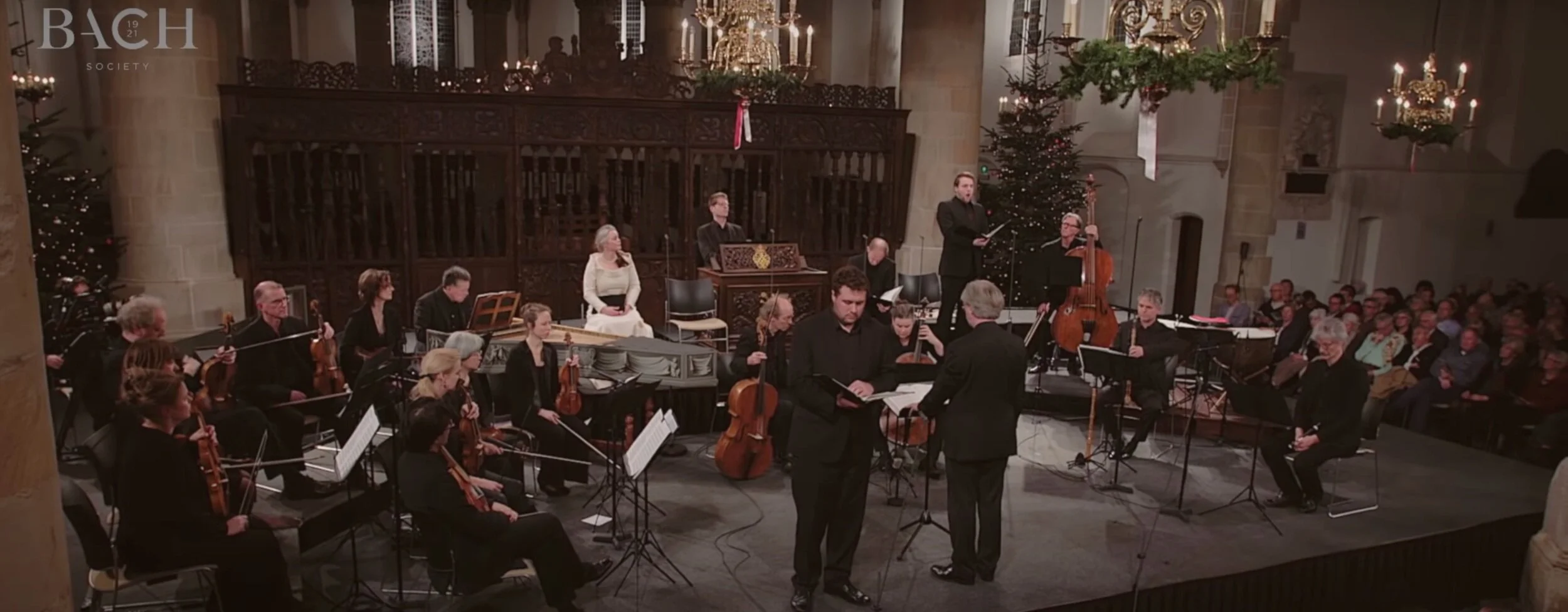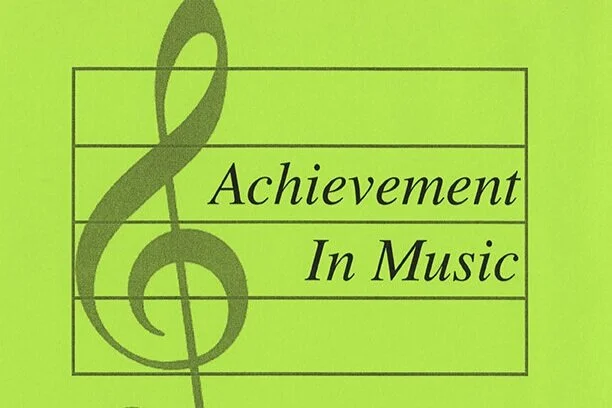
How To Teach Concerti - Part 2
In my previous post, I gave some suggestions for which concerti might be appropriate for pre-college students to learn, as well as some prerequisites for studying concerti. That post was prompted by my friend Andrea Miller over at Studio Music Startup asking me to come discuss this question in one of her Clubhouse chats. The chat was super fun! And I realized I had a few other thoughts that I could offer in a part 2 of this topic on my blog.
How To Teach Concerti
(Concertos? Concerti? According to dictionary.com, either version of the plural is acceptable.)
Today I want to address a common question:
Which piano concerto should I teach to a pre-college student?
Here are some examples of standard historical concerti that I have taught in the past; I have primarily taught the first movement of each:
How To Teach Chopin's Prelude in E Minor
Today we’re talking about how to teach the Chopin Prelude in E Minor. This is one of the easiest pieces by Chopin to learn, and one that students can personalize with their own expression. To be clear, this video is aimed at helping teachers work with intermediate or recreational students. It is not intended to be a tutorial for advanced professionals tackling Chopin’s Preludes.
How To Evaluate Repertoire Difficulty
In my previous post, I shared my newest resource for piano teachers, my Repertoire Difficulty Worksheet. I wanted to introduce it more fully here. This worksheet asks several questions to help you see everything on a musical score and compare those elements to what your student already knows and has encountered.
When I’m sizing up a piece, the main areas I consider are:
Why Not Teach Repertoire That Is Too Difficult?
If you’ve read other posts on my blog (like this one about Beethoven Sonatas) or watched many of my YouTube videos (like this one about Für Elise), then you know that I’m passionate about teaching appropriately-leveled repertoire to each student. But why? Why shouldn’t we let our students learn pieces by ear that are above their reading or comprehension level? Pieces that might be motivating because they are standards in the piano repertoire, but that might be too hard for our student to read, understand, or handle technically?
How To Teach Haydn's German Dance in D Major
Today we’re talking about how to teach the German Dances Hob.XVI:22 by Franz Joseph Haydn. In the video, I specifically discuss the German Dance No.2 in D Major, but the principles I cover can be applied to any in this set, as well as several similar dances at this level. These are fun, happy pieces at the early intermediate level that are excellent preparation for harder dances and other Classical-era works such as sonatinas.
Teaching Tidbit #3: Taming the Lizard Brain
One of the topics that teachers frequently want to discuss in consultations is how to prepare students for performance. I have many thoughts on this (more posts to come), but one area that we must cover with our students is the body’s response to performing - what our body naturally does when it feels “nervous,” or under pressure.
Student: 15 years old, upper intermediate level
Piece: various selections prior to an exam, including a Bach Invention
Issue: This student noticed in the previous year’s exam that she felt very nervous, and that her tempos in particular felt out of control. (Her dad also noticed through the door, and her judge commented on her very fine performance, but that it was all at a break-neck speed!)
Tactic: Train the student to recognize the body’s normal response to performance
Encourage Frequent Performance
Last week, I was privileged to give my Top Ten Tips for Piano Teachers (David Letterman style) lecture to the Wheaton College piano pedagogy class. It’s a tradition that’s been going on for roughly 15 years!
I decided to take an excerpt from the whole lecture and give you a sneak peak at my first tip - number 10:
Encourage students to perform regularly, and provide them with developmentally appropriate performance opportunities.
How To Teach Chopin's Nocturne in C-sharp Minor
Today we’re talking about how to teach the Chopin Nocturne in C-sharp Minor, opus posthumous. This is a difficult piece to navigate because editors have argued over what Chopin actually wrote or intended. However, it is a well-loved favorite for students and a good introduction to Chopin’s Nocturnes.
How To Teach Basic Ornamentation
There's a lot of confusion amongst piano teachers about how to teach ornaments. I'm hopeful that this video can help clear up some of that and provide a basis for teaching the four most common ornaments in intermediate and early advanced repertoire: the mordent, trill, turn and appoggiatura.
20/20 Vision for Piano Teachers
On Thursday, I’ll give a presentation to the West Suburban Music Teachers Association titled 20/20 Vision for Piano Teachers: Building a Foundation for Expressive Performance. Anyone can join us over Zoom! Click here for more info. For those of you who can’t join, here’s a tiny taste of what my presentation is all about.
Any good company, organization, church, business, or entrepreneur is going to have thoughts about why they do what they do and what they want to accomplish…
How to Teach Reverie by Debussy
Today we're talking about how to teach Reverie by Claude Debussy. It is a well-loved piece that late intermediate/early advanced piano students love playing, and a good introduction to Debussy. It should go without saying that in an eleven-minute video, I was unable to go into a long discussion of how to teach tone color and nuanced voicing, but I hope that these basic thoughts are helpful to you and your students.
How To Evaluate An Intermediate Repertoire Series
The massive sea of piano teaching: intermediate repertoire. What do we do with our students at this level?
When our beginning students complete an elementary method (or come near the end of one), they do not have the skills required to play advanced classical music. Have you ever overestimated your student’s ability and then regretted your choice of repertoire? Have you ever found yourself drowning in multiple volumes of music from all sorts of composers and historical eras? Read more and get a helpful download.
How To Listen to a Bach Cantata
This winter, my church decided that we needed a few extra worship and devotional opportunities to get us through the winter in a pandemic. To that end, they created a beautiful website with weekly devotionals, including a few classical music selections available for parishioners to access at home. I’ve been privileged to help in the selection of pieces added each week, and since we have used several Bach Cantatas, I videoed a mini-lecture introducing these works.
The Pivot
Last week, my kids watched with total fascination the landing of the Mars rover, and we got talking about all things space. Steve and I decided it would be appropriate to watch the film Hidden Figures over the weekend. (The price is currently discounted on Amazon Prime, I assume because of Black History Month.) If you haven’t seen it, it’s a wonderful and very inspiring film.
But what caught me in this viewing was
How To Teach Musette in D Major
Today in our How To Teach Intermediate Piano Repertoire series we are looking at the Musette in D Major BWV Anh.126 from the Notebook for Anna Magdalena Bach. This is one of the most fun Baroque-era pieces to play at the early intermediate level.
Singing At Home: Music for Family Fun and Worship
Thanks to Crescendo North America, and a personal request from our friend Brian Reichenbach, my husband, Steve, and I were privileged to present an interactive session on Monday about singing at home. If you don’t know, Steve is also a musician and as well as a pastor. You can watch the replay here:
We Are All In This Together
I didn’t create a How To Teach video this week. Actually, I did, but my phone decided not to save the video after I spent 11 minutes talking to it. (My storage was full. I have since taken several minutes to clear things up so that won’t happen again any time soon!) The other reason was that preparing for this was how I spent my time this week:
How To Teach Bartók's Evening in the Country
Today in our How To Teach Intermediate Piano Repertoire series we're talking about how to teach Evening in the Country (also called Evening in the Village) from 10 Easy Pieces by Bela Bartok. In this video, I also give an overview of Bartok's intermediate repertoire.
Music To Their Ears - Motivating Repertoire
Many different things can motivate pre-college students to practice and continue in their piano study. Today’s topic: Repertoire. One of the best things a student can say to me in a lesson is, “I really love this piece.” So let’s dig into what types of pieces motivate our pre-college students.
EXCITING PIECES
There are very few feelings in the world like running your fingers across a piano in a virtuosic show of triumph….


















